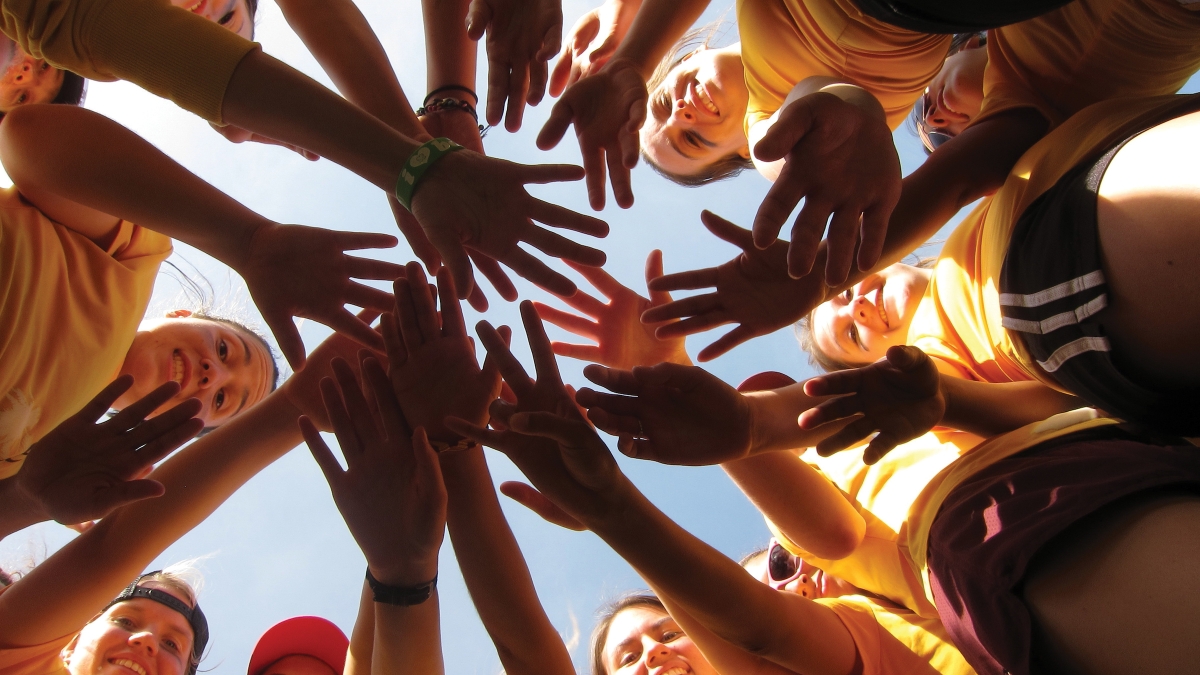Sports mascots, music lyrics, Halloween costumes, hairstyles, face paint: Arizona State University professor Neal A. Lester says cultural appropriation can take many forms.
It can be hurtful when one group borrows from another without proper credit, Lester said, adding that in most cases people aren’t aware when they’re being insensitive.
To address it, Lester has started a yearly symposium to discuss self- and cultural-awareness with young people from across the Valley.
The third-annual discussion, “Cultural Appropriation: Critical Dialogues on Cultural Awareness,” starts at 8:30 a.m. Saturday at ASU Preparatory Academy in downtown Phoenix. Lester said he expects about 250 Phoenix-area high school students to learn about and discuss the value of advocacy and personal responsibility in an all-day workshop led by ASU students and faculty, along with a group of high school seniors.
It’s about “knowing the ways in which we can be more culturally sensitive and respectful to others,” said Lester, Foundation Professor of English and founding director of Project Humanities.
He added: “We live in a fast-paced, sound bite, drive-through culture where we miss opportunities to engage critically. This symposium provides an opportunity to do just that.”
Lester started the gatherings in 2014 after students painted their faces black at an ASU football game. He said their actions didn’t offend him because they most likely had no historical understanding of blackface, an entertainment industry practice from the 1800s that perpetuated negative black stereotypes.
He looked for a way to engage, educate and enlighten through critical thinking. Once students know the effect of their actions, he said, “they can’t unknow.”
Anna Avila, a 17-year-old at Chandler’s Hamilton High School, attended last year’s symposium. She said that at the time she didn’t know what cultural appropriation was and that she didn’t want to attend the event. She learned so much from the conversations, however, that this year she’s a facilitator.
Avila said that while cultural appropriation might seem like a complicated issue, she can simplify it: “If it’s something that you don’t normally do, wear or practice in your own culture or everyday life, you probably shouldn’t do it.”
More Arts, humanities and education
AI literacy course prepares ASU students to set cultural norms for new technology
As the use of artificial intelligence spreads rapidly to every discipline at Arizona State University, it’s essential for students to understand how to ethically wield this powerful technology.Lance…

Grand Canyon National Park superintendent visits ASU, shares about efforts to welcome Indigenous voices back into the park
There are 11 tribes who have historic connections to the land and resources in the Grand Canyon National Park. Sadly, when the park was created, many were forced from those lands, sometimes at…
ASU film professor part of 'Cyberpunk' exhibit at Academy Museum in LA
Arizona State University filmmaker Alex Rivera sees cyberpunk as a perfect vehicle to represent the Latino experience.Cyberpunk is a subgenre of science fiction that explores the intersection of…
